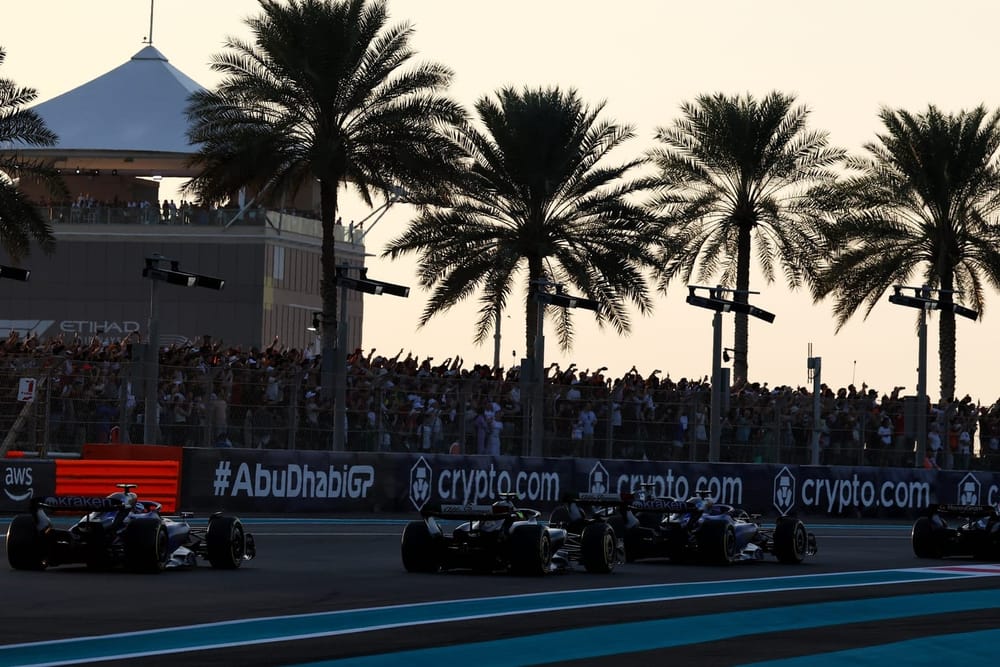Up Next

Formula 1 has agreed to join a technical working group that plans to evaluate "developments and potential applications" for hydrogen technology in motorsport.
F1 chief technical officer Pat Symonds will be part of the Hydrogen Working Group that also involves the FIA - represented by single seater director Nikolas Tombazis - and Mark Grain, technical director for the Extreme E series that will be succeeded by Extreme H in 2025.
The off-road series, which launched in 2021, initially announced in February 2022 that Extreme H would be complementary to Extreme E and run at the same race weekends - series founder Alejandro Agag described that decision as offering “double the race action, with marginal additional [environmental] impact”.
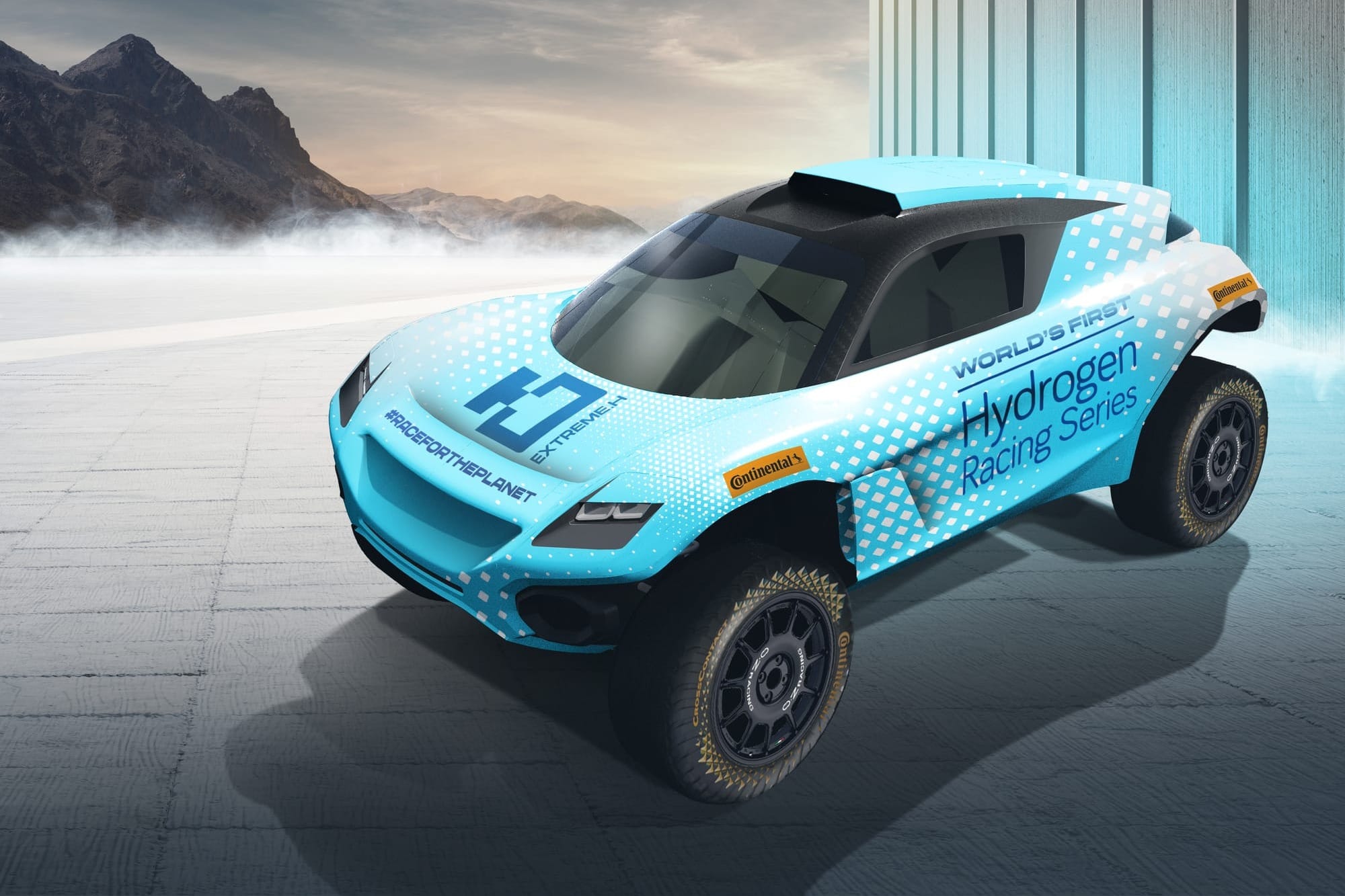
But the announcement of plans to establish the joint Hydrogen Working Group confirmed that Extreme E will now "transition" from electric power to hydrogen for 2025.
The working group's purpose is to monitor how hydrogen technology develops, with a specific focus on how to incorporate this in the fuel cells and battery systems to be used in the first Spark-build Extreme H chassis.
The group will also consider race-site infrastructure, transportation, charging, storage and management, and the safety implications of adopting this technology.
While Symonds did not suggest it was something F1 is immediately looking at, he said it was essential that hydrogen is among the technologies being evaluated as efforts to reduce motorsport's environmental impact continue.
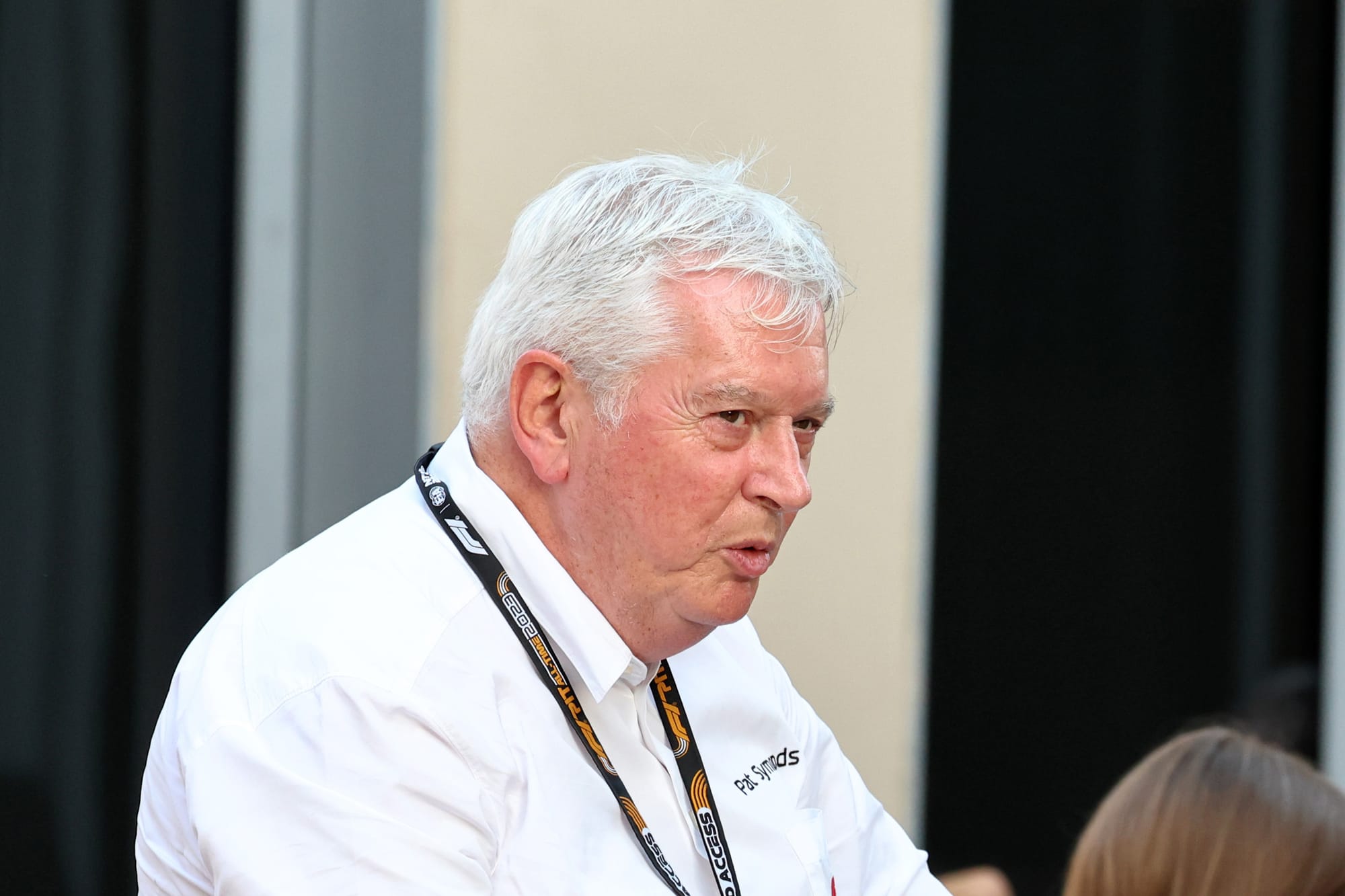
"Our sport has a tradition of bringing new technologies to the forefront of public perception in incredibly short timescales," he said.
"We do this by being open-minded to all solutions and embracing cross-functional engineering.
"With climate change mitigation at the forefront of everyone’s mind we are committed to promoting sustainability and therefore need to explore all areas of decarbonisation of the mobility sector. This must include sustainable liquid hydrocarbon fuels, electrification and hydrogen.
"This working group enables a collaboration which will allow us to gain first-hand experience and contribute to the understanding and development of the many aspects of hydrogen propulsion that Extreme H will embrace."
The Race says
Scott Mitchell-Malm
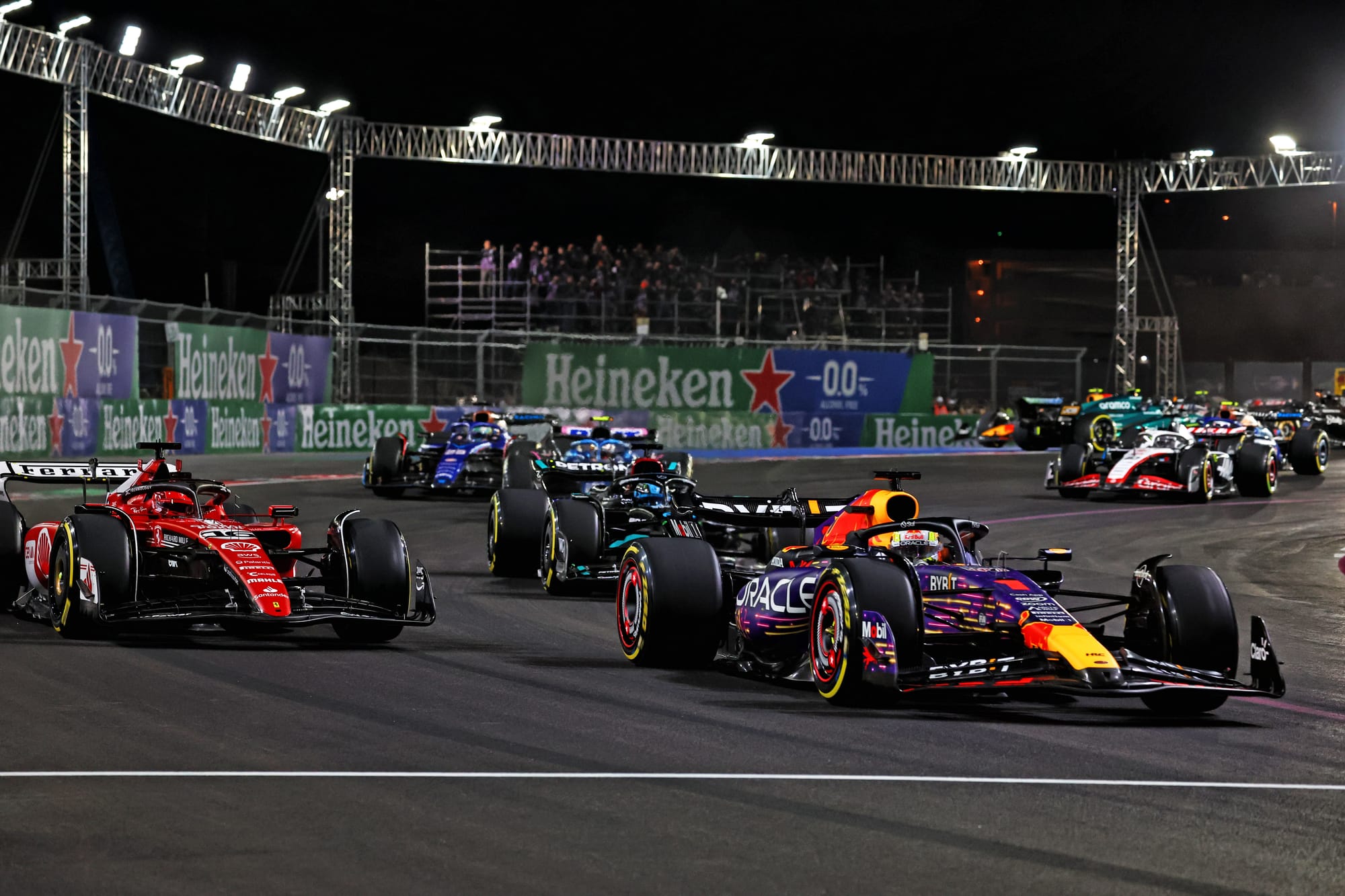
Given Pat Symonds has referenced the need to study the relevant technologies including hydrogen, it would be wrong to completely dismiss the prospect of that technology being adopted by F1 longer-term.
At least one manufacturer linked to F1 is believed to have started exploring the technology, because it is being pursued in other areas of racing and potentially one day mass production.
Those early exploits have already uncovered significant technical and logistical hurdles, like any emerging technology. It would be a fascinating challenging for F1 to embark upon but that is not what is really happening at the moment.
It’s become clear in recent years that F1’s technical focus lies in sustainable fuels and hybrid engines. That’s what will underpin the 2026 rules and, even if hydrogen might be considered an outside contender, will probably be the basis for the first F1 engine of the 2030s too.
Clearly, establishing a workable hydrogen solution is a more urgent matter for the planned successor to Extreme E. And the inclusion of F1 - which is probably mainly about getting Symonds involved - might be better interpreted as a means of supporting this rather than properly anchoring F1 to the hydrogen cause.
Symonds knows an awful lot about alternative technologies and has been at the centre of F1’s work with fuels and increased electrification. He will be a big asset to any working group like this, regardless of whether it is designed to directly influence F1’s own direction.
Extreme H said development ahead of its first season is under way and it has ambitions to launch a prototype version of its hydrogen-powered, Spark-built chassis at a shakedown at the end of this year.
This would precede a "comprehensive" early 2024 testing programme.
As part of what the series describes as its "pathway" from its relaunch in 2025 it is also due to receive FIA world championship status for 2026.
Grain called the working group a "ground-breaking initiative" to be cooperating with F1 and Symonds "both technically and operationally".
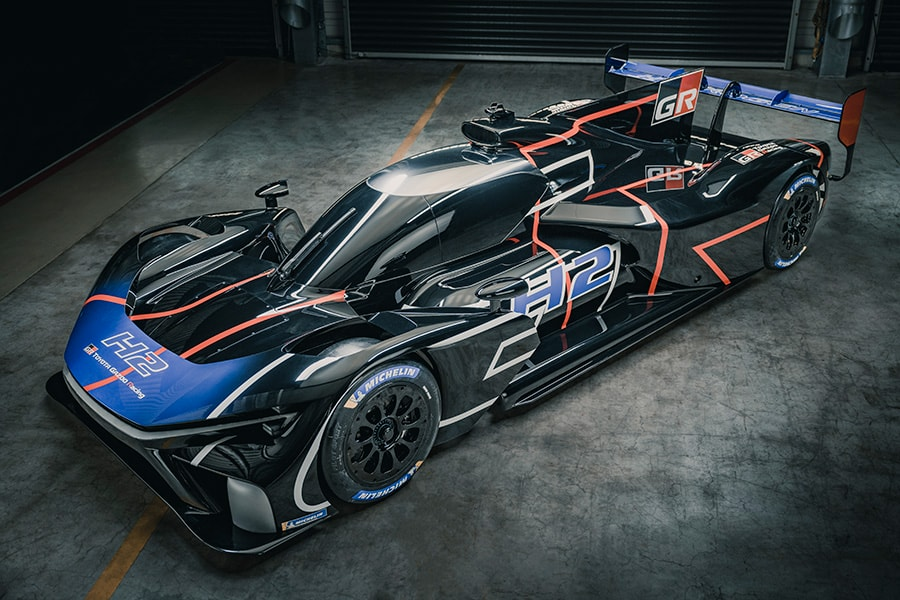
Hydrogen technology remains in its infancy in motorsport - infrastructure and safety are the two main issues - but a Toyota GR Corolla has competed in the Super Taikyu series in Japan this year running on liquid hydrogen fuel.
The manufacturer also revealed a hydrogen prototype, the GR H2 Racing Concept, at the Le Mans 24 Hours earlier this year.
WEC promoter the Automobile Club de l'Ouest wants hydrogen-powered cars to be capable of competing at the same level against existing machinery from 2026.

